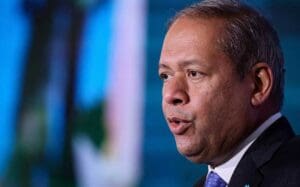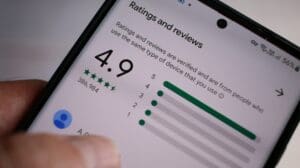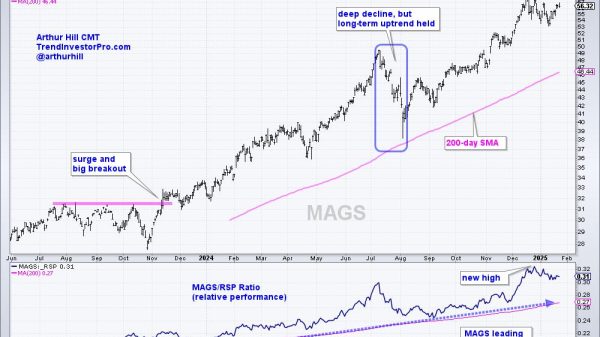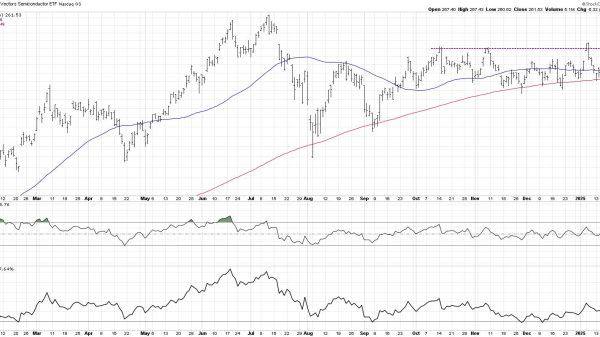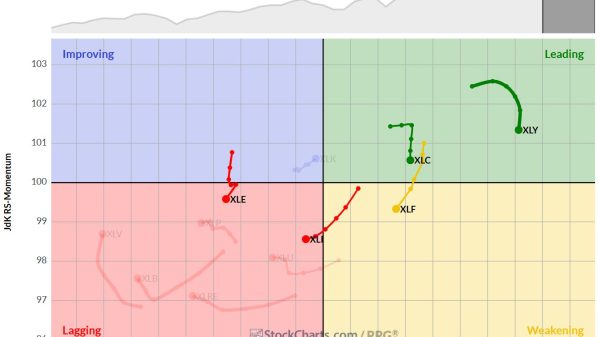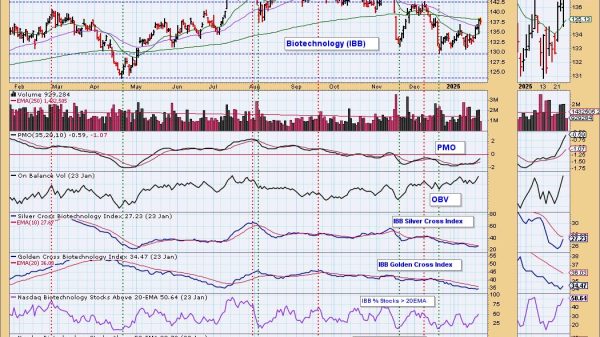In the realm of business planning, forecasting and budgeting are two essential financial models that serve distinct purposes but often get confused due to their overlapping characteristics.
While both processes involve predicting the future financial performance of a business, their objectives, methodologies, and applications differ significantly. Understanding these differences is crucial for effective business planning and decision-making, particularly when leveraging advanced tools like a financial modelling course online to refine these skills. In this article, we will explore how forecasting and budgeting differ, and how they both play a vital role in financial strategy.
What is Budgeting?
Budgeting is a financial process used to allocate resources over a specific period, typically a fiscal year. A budget represents a business’s financial plan that outlines expected revenues, expenses, and cash flows based on its goals and objectives. The purpose of budgeting is to set financial targets, guide day-to-day operations, and ensure that the company stays within its means while achieving its strategic goals.
A budget is generally fixed once it’s established, though some companies may allow for adjustments during the fiscal year. Budgets tend to focus on the short-term and provide a detailed account of planned income and expenses. Companies use budgets as a benchmark for performance, comparing actual results against projected figures to monitor how well they are adhering to the plan.
Key Characteristics of Budgeting:
Timeframe: Typically covers a 12-month period.
Detail-Oriented: Focuses on specific financial targets, including revenues, expenses, capital expenditures, and cash flow.
Goal-Driven: Aligns with the business’s strategic goals, often based on past performance and predefined objectives.
Fixed Nature: Once approved, a budget is relatively rigid, with limited scope for adjustments unless significant events occur.
Performance Benchmark: Helps evaluate financial performance by comparing actual results to budgeted figures.
What is Forecasting?
Forecasting, on the other hand, is a dynamic and continuous process that aims to predict future financial performance based on both historical data and current market trends. Unlike budgeting, forecasting is more fluid and adaptable, often being updated periodically to reflect new information or changes in the business environment. Forecasting provides businesses with a forward-looking view of their financial trajectory, allowing them to anticipate potential opportunities or risks and make informed decisions.
Forecasting can be both short-term and long-term, depending on the company’s needs. For example, a business may forecast monthly sales for the upcoming quarter or project its financial outlook over the next five years. The ability to update forecasts as new data becomes available makes this approach more flexible than budgeting.
Key Characteristics of Forecasting:
Timeframe: Can vary, from short-term (quarterly or monthly) to long-term (multiple years).
Adaptability: Continuously updated as new data and market conditions evolve.
Data-Driven: Relies heavily on historical data, market trends, and external economic factors.
Strategic Decision-Making: Helps businesses adjust strategies based on predicted outcomes and trends.
Focus on Future: Offers a predictive view of potential financial outcomes, allowing for proactive adjustments.
The Key Differences Between Forecasting and Budgeting
Though budgeting and forecasting are related, they serve different purposes in business planning. Below are the key differences:
Purpose: Budgeting is primarily used for setting financial targets and allocating resources, while forecasting is designed to predict future performance and guide strategic adjustments.
Flexibility: Budgets are generally static and fixed for a defined period, whereas forecasts are dynamic and can be updated regularly.
Time Horizon: Budgeting typically focuses on the short term (usually a fiscal year), whereas forecasting can be applied to both short-term and long-term periods.
Level of Detail: Budgets tend to be more granular, providing a detailed breakdown of expected revenues, expenses, and cash flows. Forecasts are often more high-level and adaptable, focusing on broad financial trends.
Strategic Role: Forecasting plays a larger role in helping companies make real-time strategic adjustments, whereas budgeting primarily serves as a benchmark for performance evaluation.
How Forecasting and Budgeting Work Together
Despite their differences, forecasting and budgeting complement each other in the financial planning process. Budgeting provides a financial roadmap for the business, setting clear objectives and constraints. Forecasting, in turn, helps businesses stay agile by predicting how actual performance will align with the budget. If forecasts suggest that the company will not meet its budgeted targets, management can adjust strategies or reallocate resources to stay on course.
For example, if a company’s forecast shows a downturn in sales due to unexpected market shifts, management can proactively cut costs or explore new revenue streams to maintain profitability. In this way, forecasting acts as an early-warning system that allows for quick corrective actions, while the budget remains the foundational guide for resource allocation.
The Role of Financial Models in Forecasting and Budgeting
Both forecasting and budgeting rely on robust financial models to simulate different scenarios and project potential outcomes. These models use historical data, market assumptions, and various financial variables to provide a comprehensive view of the company’s future financial health.
A financial modelling course online can teach professionals how to build and interpret these models, ensuring accurate and effective forecasting and budgeting. From creating cash flow projections to sensitivity analyses, financial models are indispensable tools for business planning and decision-making.
Conclusion
In summary, while both forecasting and budgeting are vital components of financial planning, they serve distinct purposes. Budgeting focuses on setting financial targets and allocating resources, while forecasting provides a dynamic and adaptable view of future performance. Understanding the differences between these two processes, and how they complement each other, is essential for businesses to remain competitive and agile in a rapidly changing economic landscape.
By mastering these processes through tools such as a financial modelling course online, professionals can ensure that they are well-equipped to make informed financial decisions, ultimately leading to better business outcomes.
Read more:
Forecasting vs Budgeting: How Financial Models Differ in Business Planning



